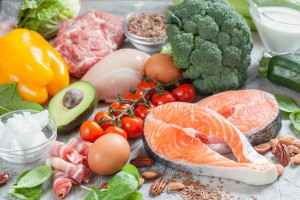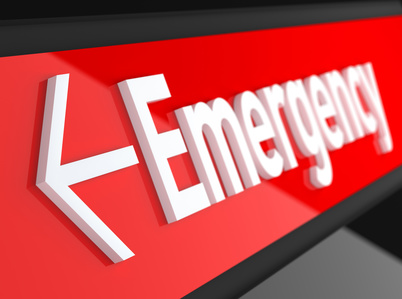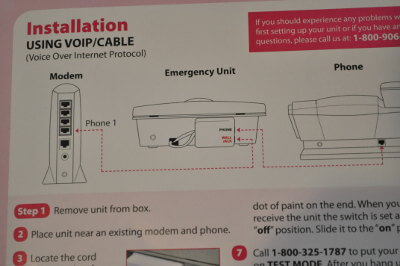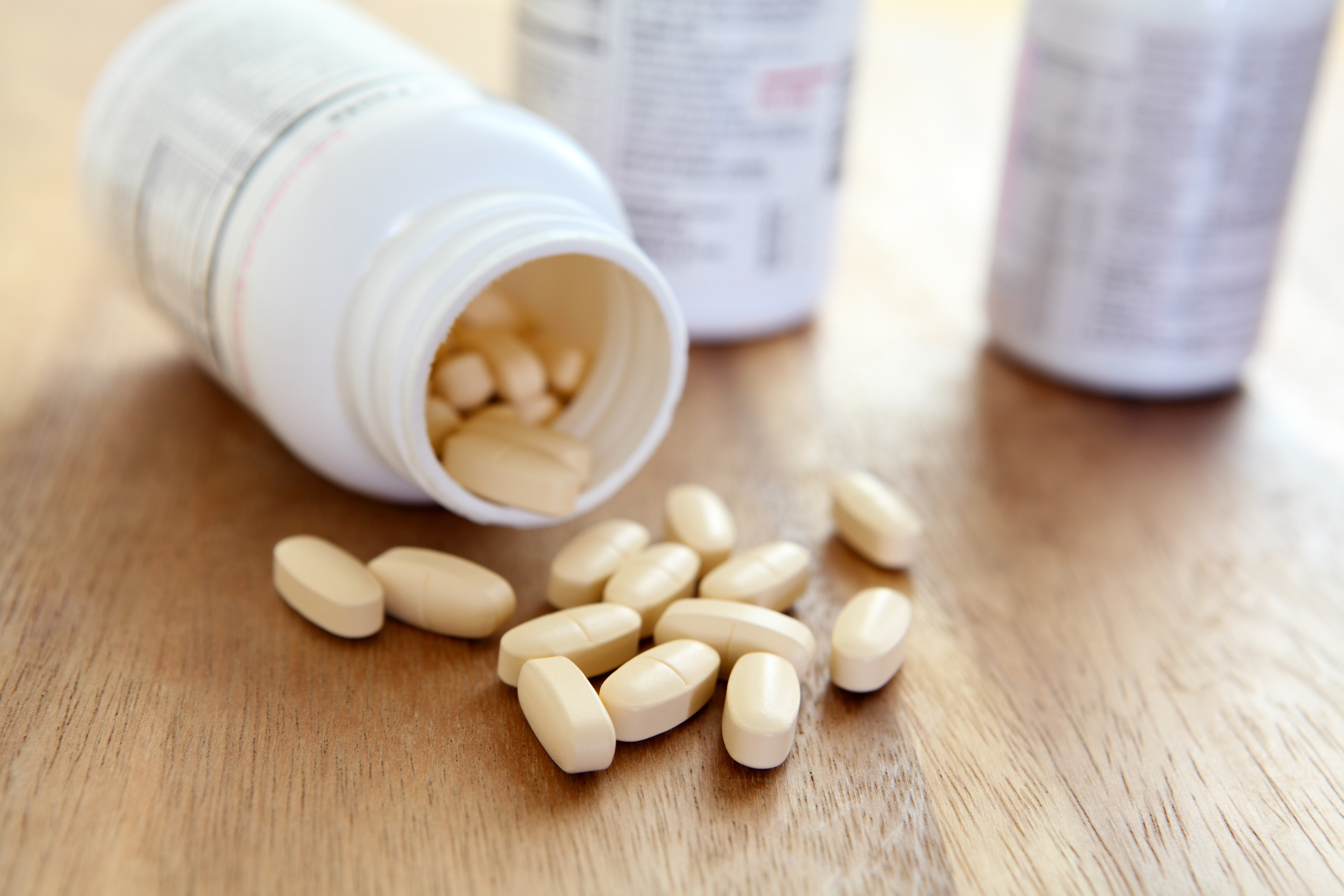Memory Foods: Do They Work?
 Most people over 50 have had the “brain fog” experience at least once or twice. Humorously known as “CRS” or a “senior moment,” it can happen to the best of us now and again. You can’t find your car in the parking lot, or you don’t remember if you took your medication, or you stashed something somewhere for safekeeping and can’t remember where you put it.
Most people over 50 have had the “brain fog” experience at least once or twice. Humorously known as “CRS” or a “senior moment,” it can happen to the best of us now and again. You can’t find your car in the parking lot, or you don’t remember if you took your medication, or you stashed something somewhere for safekeeping and can’t remember where you put it.
Moments of memory loss are not uncommon among older people. The good news is that medical authorities agree – the foods you eat can make a difference in how sharp your memory remains as you continue to age.
What Medical Sources are Saying about Memory Foods
Academy of Nutrition and Dietetics
Forgetfulness can be caused various factors, including genetics, lack of physical exercise, lifestyle, environmental factors, and lack of sleep. However, according to the Academy of Nutrition and Dietetics, there is no doubt that diet can have a significant effect on the health of the brain.
Foods that boost memory and brain function are foods that encourage blood flow to the brain. The Academy states that growing evidence links the Mediterranean diet with memory, alertness, and better cognitive function.
Mayo Clinic
According to the Mayo Clinic, the Mediterranean diet:
- Emphasizes primarily plant-based foods, such as fruits, vegetables, legumes, nuts, and whole grains
- Replaces butter with olive oil and canola oil
- Limits red meat to no more than a few times a month
- Includes fish and poultry at least twice a week
- Uses herbs and spices to flavor foods instead of salt
- Allows red wine in moderation
- Encourages exercise
Harvard Medical School
An article entitled “Boost Your Memory by Eating Right” published by the Harvard Medical School states that the Mediterranean diet has been linked to lower rates of dementia caused by Alzheimer’s and mild cognitive impairment. Components of the diet may improve brain health as follows:
- Fruits, vegetables, fish, olive oil, and whole grains may improve the health of blood vessels and reduce the risk of stroke and resulting memory damage
- Fish is high in omega 3 fatty acids, which has been linked to better vascular health
- Moderate alcohol consumption raises healthy HDL cholesterol and decreases insulin resistance, which has been linked to dementia
WebMD
According to an article on WebMD, adding “smart foods” and drinks to your diet can increase your chances of maintaining healthy brain function. Recommended foods include:
- Caffeine to make you more alert (just don’t overdo it)
- Orange juice or fruit juice for a short-term boost to memory and mental abilities
- Fish for the omega 3 fatty acids, for better brain and heart health
- Nuts and seeds as a good source of vitamin E, which has been linked to less cognitive decline with aging
- Chocolate for its antioxidant properties and natural stimulants
- Whole grains and avocados to lower cholesterol and improve blood flow to the brain and heart
- Blueberries to help protect the brain from free radical damage
- Vitamin, mineral, and herbal supplements, with your doctor’s approval
Medical Alerts for Seniors Give You One Less Thing to Worry About
It’s not easy growing older and dealing with the signs of aging, including occasional lapses of memory. Eating the right foods can help, and so can the right medical alert system. With medical alerts for seniors, you don’t have to worry about getting prompt medical attention in an emergency.
Modern technology makes it possible to get help on the way with the push of a button on a medical alert pendant or bracelet. Some new medical alerts for seniors are cellular based with GPS tracking, to provide the protection you need whether you are at home or out and about living an active life. See our medical alert comparison for information to help you select the right medical alert system for you.



